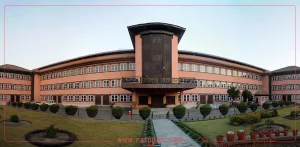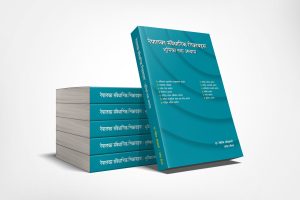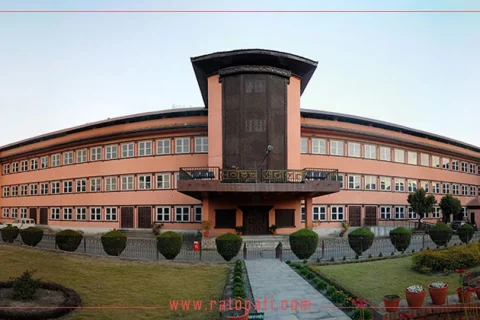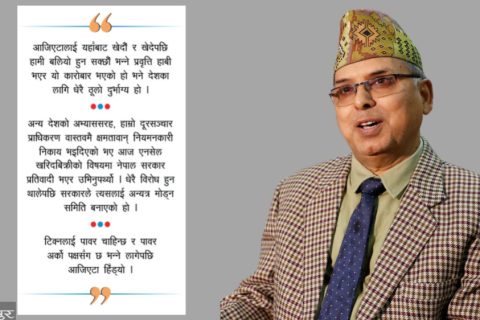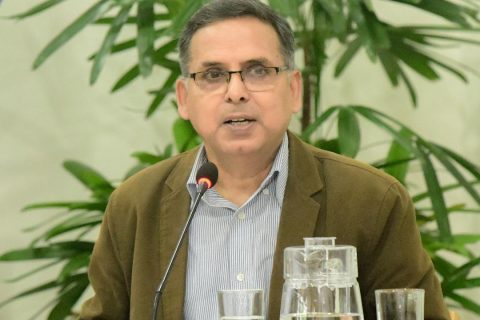A crisis is fast developing in Nepal, where the breakdown of constitutional talks has left the country without a government and no consensus on what to do.
The armed forces and security services, which now technically report to no one, are on high alert, and police have deployed riot squads around the capital, Kathmandu.
Wedged between India and China, Nepal now faces its most anxious moment since emerging six years ago from a long war with Maoist rebels that killed 16,000 people and shut its 28 million citizens out of the economic growth that has swept the rest of the region. Most Nepalis remain desperately poor, and their hopes for change have been quashed by this political debacle.
The deadline for the adoption of a new constitution expired at midnight Sunday with no agreement. There had been persistent rumours in the preceding days that a deal was finally done, and Nepalis couldn’t quite believe that the last chance had come and gone.
Nepal’s political leaders have been wrangling over the constitution for four years, ever since landmark democratic elections for a Constituent Assembly that followed the end of the war. Four times they extended the life of the assembly, until the Supreme Court ruled it could be extended no further. But there is no provision for what to do if the term expires and there is no new constitution.
Prime Minister Baburam Bhattarai insists he can keep governing until elections are held for a new assembly in six months, but the opposition parties say that would be illegal and are demanding he step aside. They accuse him of acting unilaterally to cement his hold on power. The opposition, however, has made no counterproposal for how to run the country without a parliament or an executive. Three parties that were part of Mr. Bhattarai’s government have quit, apparently intent on protecting their own power base.
The president, who is meant to have a largely ceremonial role, has floated the idea that he could now take up executive powers. Some diehard royalists are suggesting the king, deposed in 2008 after massive street demonstrations ended centuries of royal rule, should run the state.
Governance experts, both in Nepal and beyond, are stumped. Bipin Adhikari, an expert in constitutional law, said he believes the prime minister should have resigned when the constitutional assembly deadline passed, since it was the source of his authority. “But even before that, he should have had an exit plan ready before the expiry of the term,” he said.


